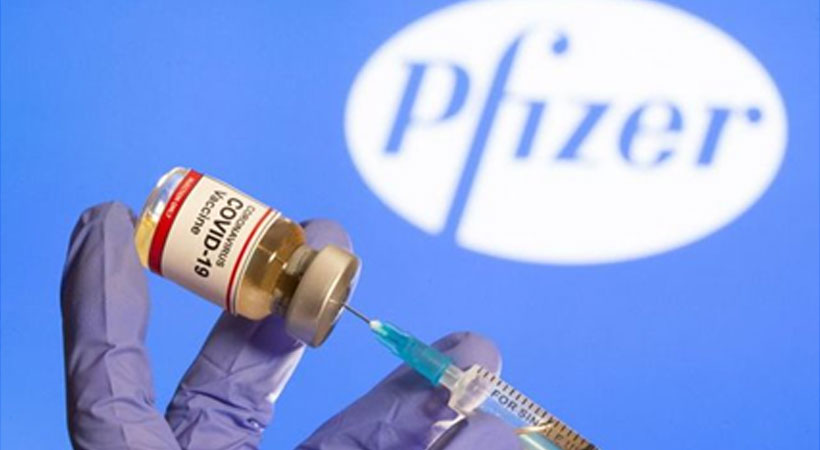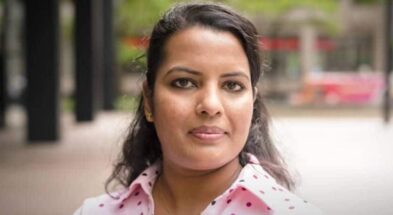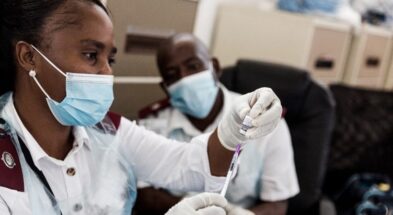US-based pharma company Pfizer Inc and German biotech companyBioNTech today announced that their mRNA-based vaccine candidate for Covid-19, BNT162b2, was 90% effective in preventing infections in ongoing Phase 3 trials. This comes as a watershed moment in the war against a virus that has killed over a million people and crippled much of the world economy.
“The first set of results from our Phase 3 Covid-19 vaccine trial provides the initial evidence of our vaccine’s ability to prevent Covid-19. We are a significant step closer to providing people around the world with a much-needed breakthrough to help bring an end to this global health crisis. We are reaching this critical milestone in our vaccine development program at a time when the world needs it most,” Pfizer Chairman and CEO Albert Bourla said in a statement.
Preliminary analysis shows that protection in patients was achieved seven days after administering two doses, with a gap of 28 days in between. This is the first vaccine to show successful data from a large-scale clinical trial. The vaccine has already been tested on 43,500 people in six countries, and no safety concerns have been raised so far.
The developers plan to seek US emergency use authorization later this month as they will have enough safety data by then. Until approval is received, it will not be possible for countries to begin their vaccination campaigns. The two companies expect that they would be able to supply 50 million doses by the end of this year and around 1.3 billion by the end of 2021. Britain has now ordered 40 million doses of the vaccine candidate. It is one of the six that the government has agreed to supply deals for.
While the vaccine is yet to be peer-reviewed by experts, scientists reacted optimistically to the results. Michael Head, the Senior Research Fellow in Global Health, University of Southampton, called it an “excellent result for a first-generation vaccine”. Professor of Emerging Infectious Diseases and Global Health, University of Oxford, Peter Horby said: “This news made me smile from ear to ear. It is a relief to see such positive results on this vaccine and bodes well for COVID-19 vaccines in general”. But concerns have been raised that there would likely be massive manufacturing and logistical challenges in immunising huge numbers of people, as the vaccine has to be kept in ultra-cold storage at below minus 80C. Eleanor Riley, professor of Immunology and Infectious Disease at the University of Edinburgh, said that the results did not disclose participants’ ages.



















